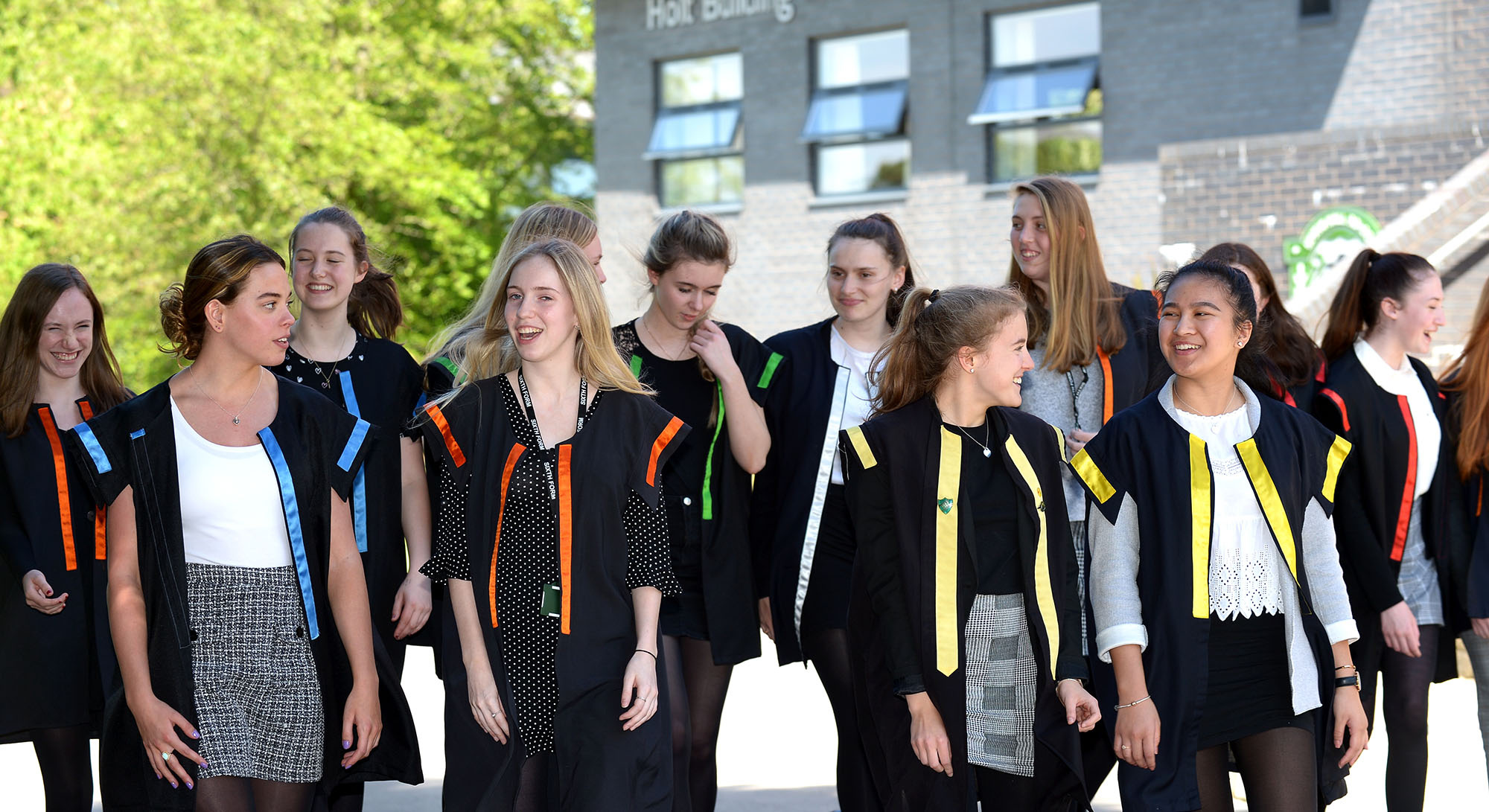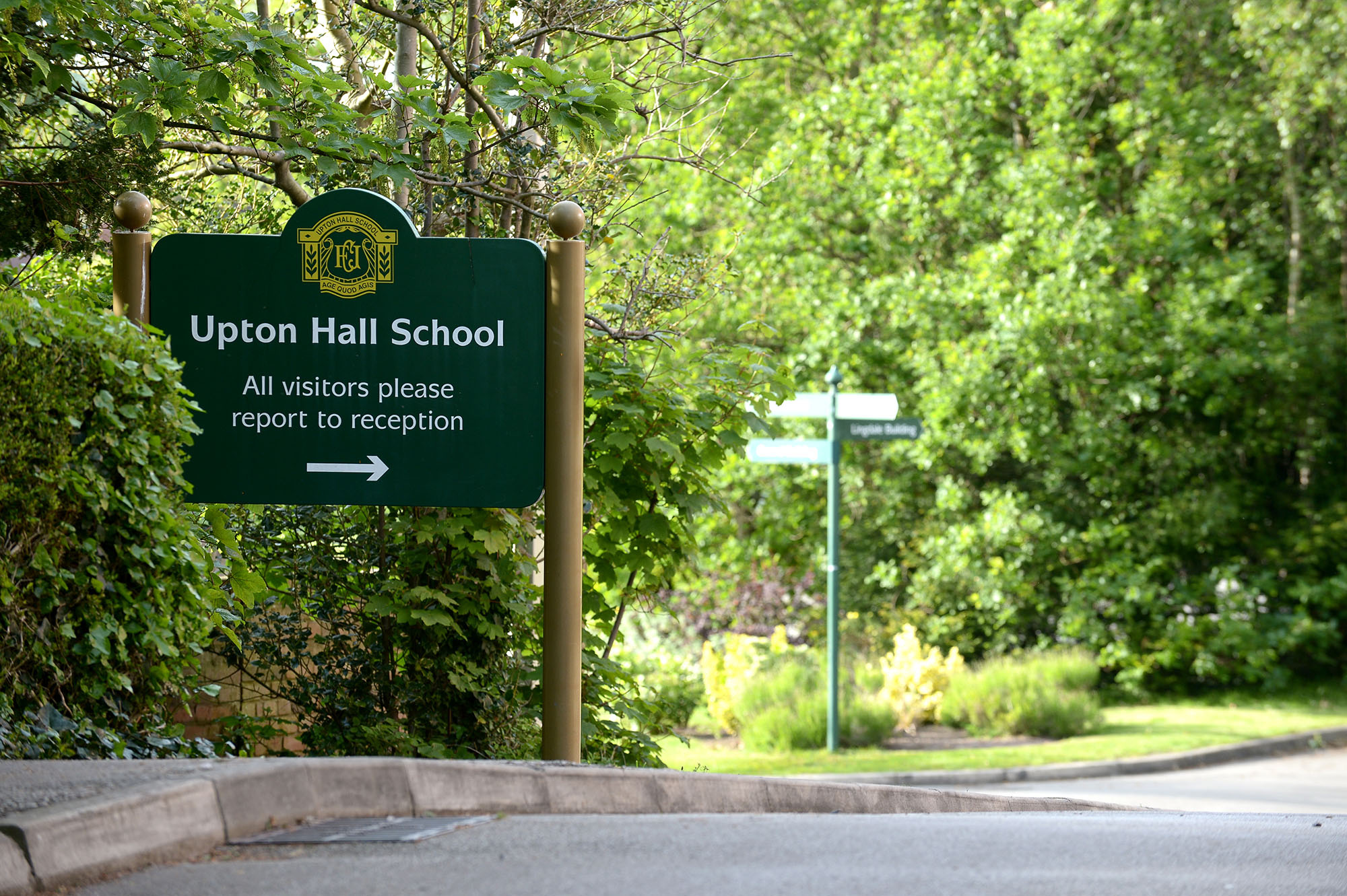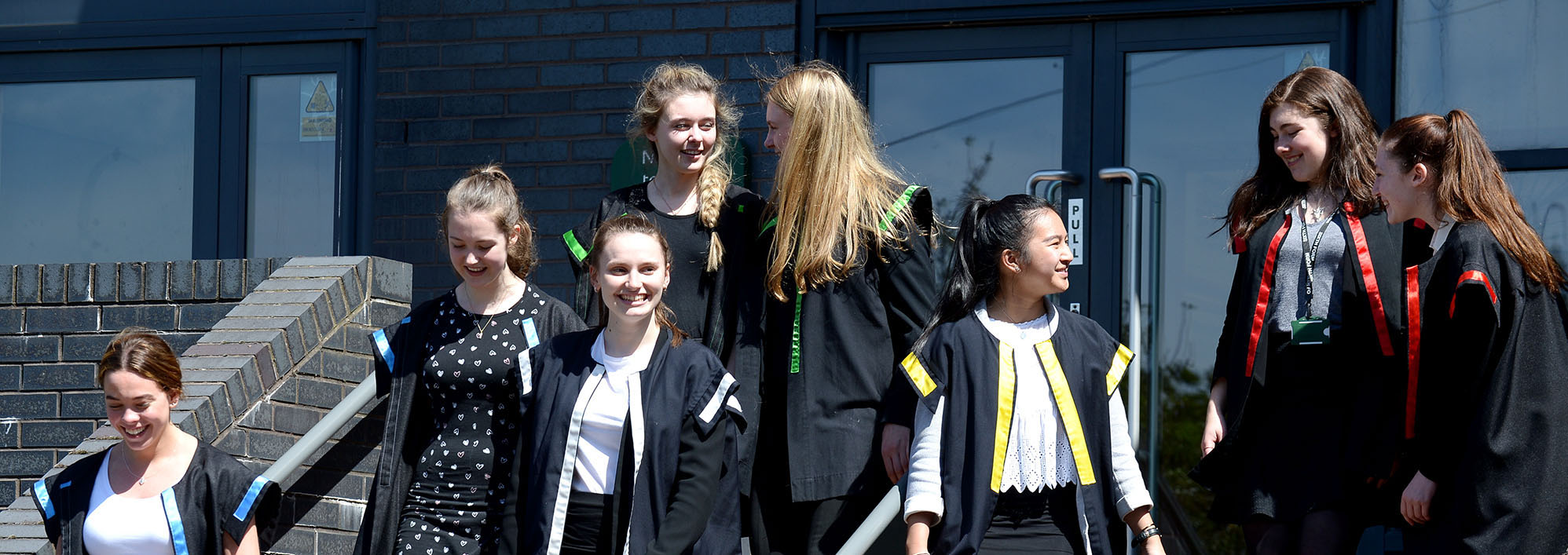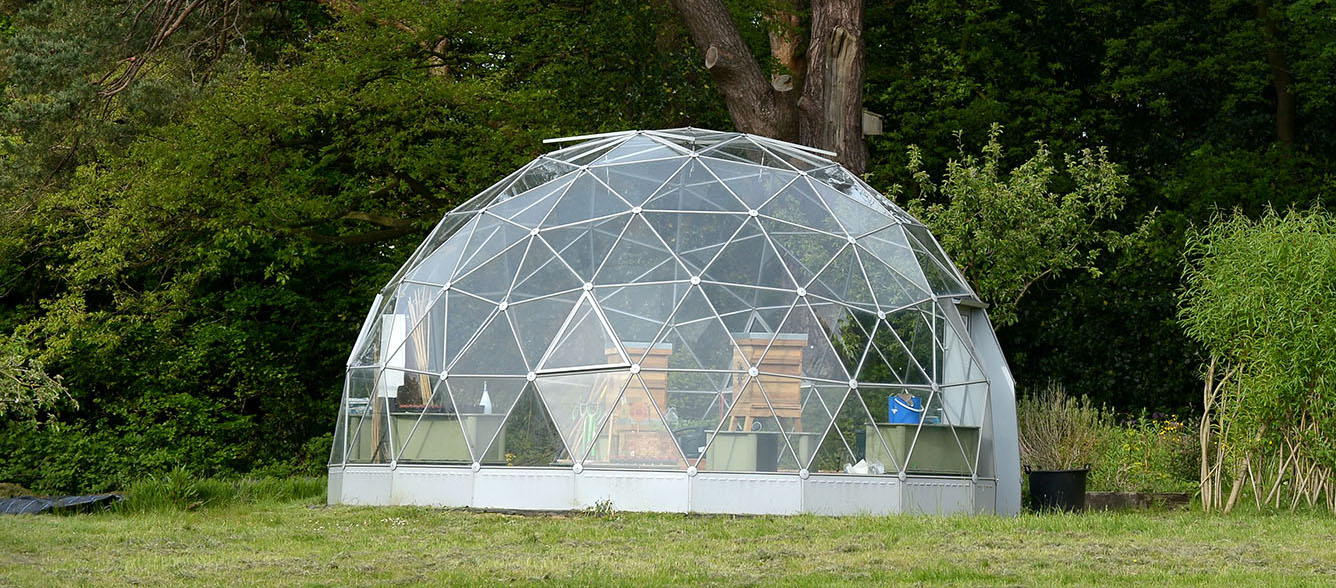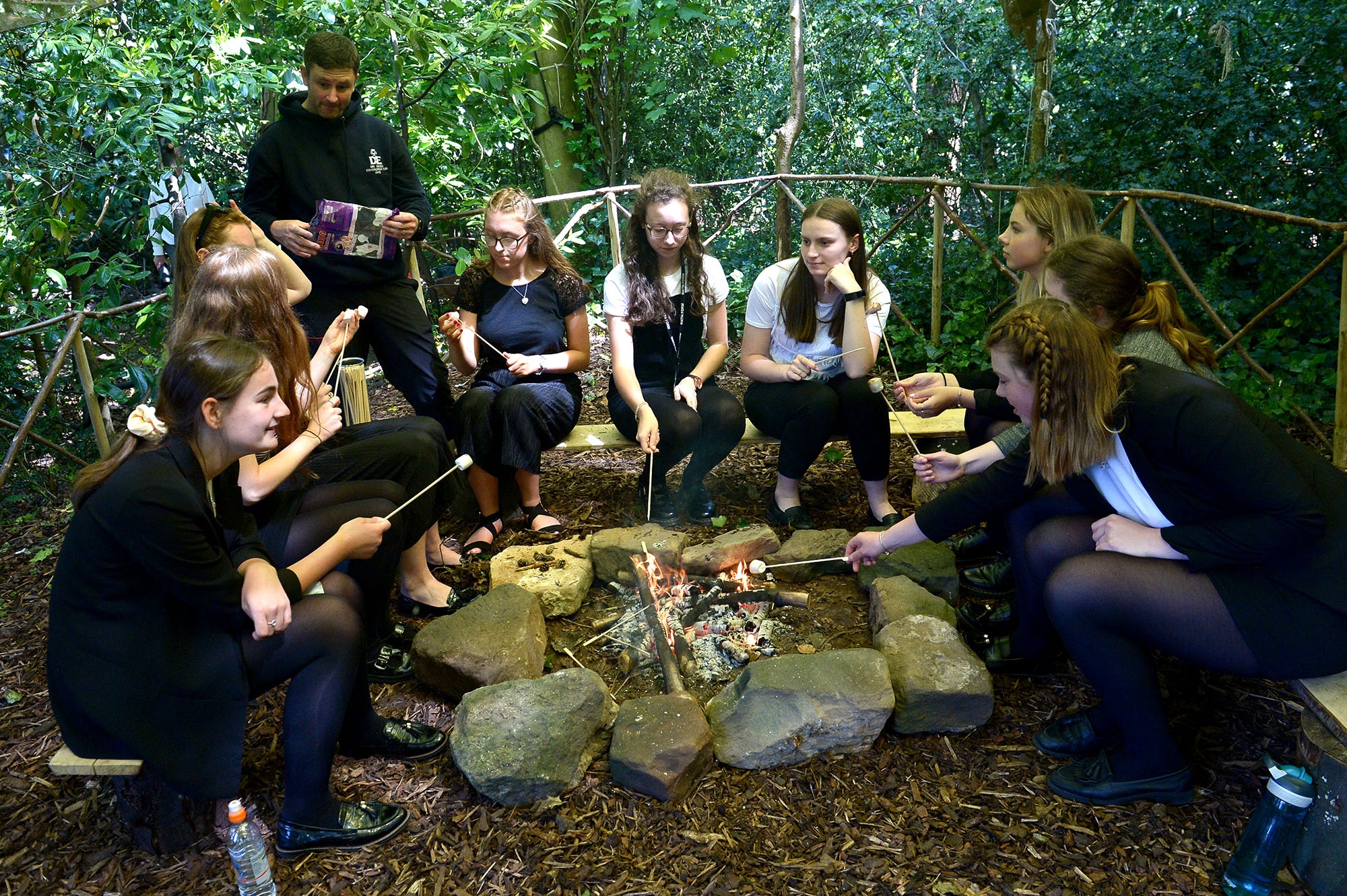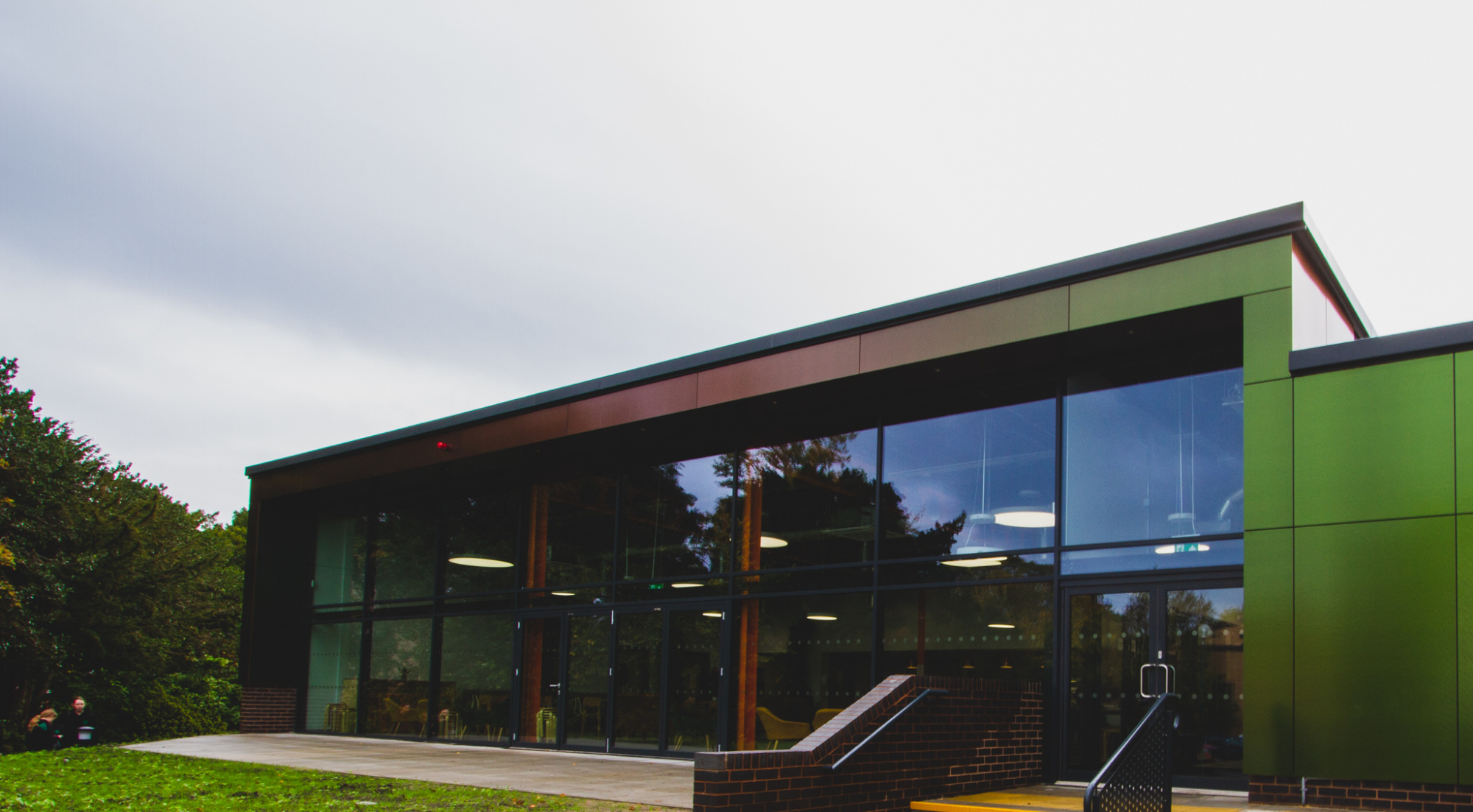Physics
Course Overview
Students will build on their knowledge of the laws of Physics, applying their understanding to areas from sub-atomic particles to the entire universe.
Entry Requirements
A grade 6 in GCSE Physics or grade 6-6 in GCSE Trilogy Science is required to study A Level Physics.
A grade 7 in GCSE Mathematics is highly recommended due to the significant amount of mathematical content in the new A Level Physics course.
A Level Topics and Assessment
- Development of practical skills
- Foundations of Physics
- Forces and Motion
- Electrons, waves and photons
- Newtonian world and astrophysics
- Particles and medical physics
|
OCR Exam |
Paper 1: Modelling Physics |
Paper 2: Exploring Physics |
Paper 3: Unified Physics |
Practical Endorsement |
|---|---|---|---|---|
|
Length |
Written exam: 2 hour 15 minutes |
Written exam: 2 hour 15 minutes |
Written exam: 1 hour 30 minutes |
Non-exam assessment |
|
Weighting |
100 marks in total 37% of A Level |
100 marks in total 37% of A Level |
70 marks in total 26% of A Level |
Reported separately as a Pass/Fail |
Beyond the Classroom and Future Prospects
Students of A Level Physics have the opportunity to take part in the British Physics Olympiad and the Liverpool Physics Olympics as well as other competitions run by Oxford University. Trips to CERN are offered as well as visits to Liverpool University and local hospitals.
Physics A Level can lead to careers in Physics research, Teaching, Engineering, Accounting, Law, Finance, Medicine, Radiography.
Student Experience
I really enjoyed Physics because I loved learning about how everything from every day objects to the universe works.




